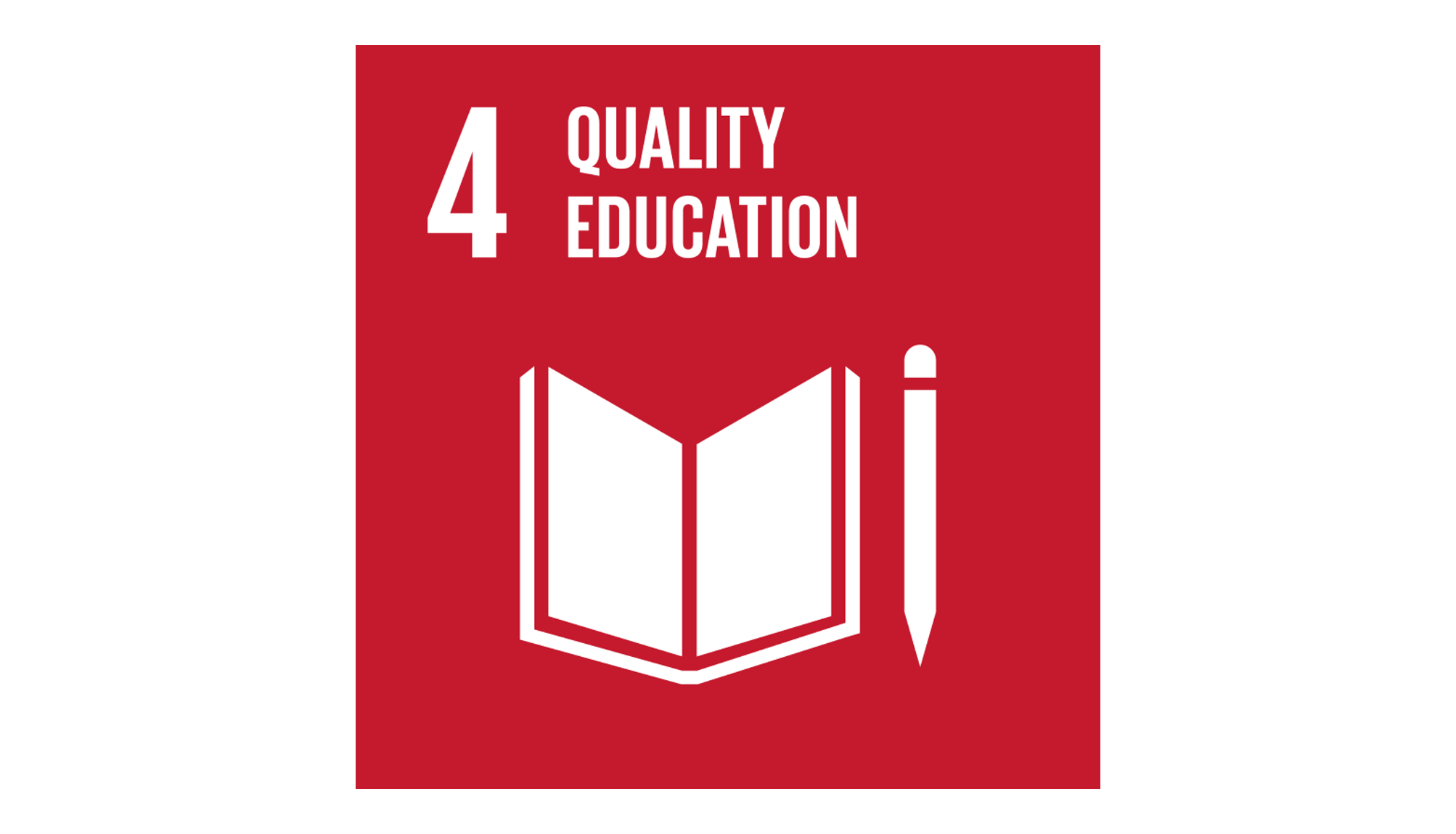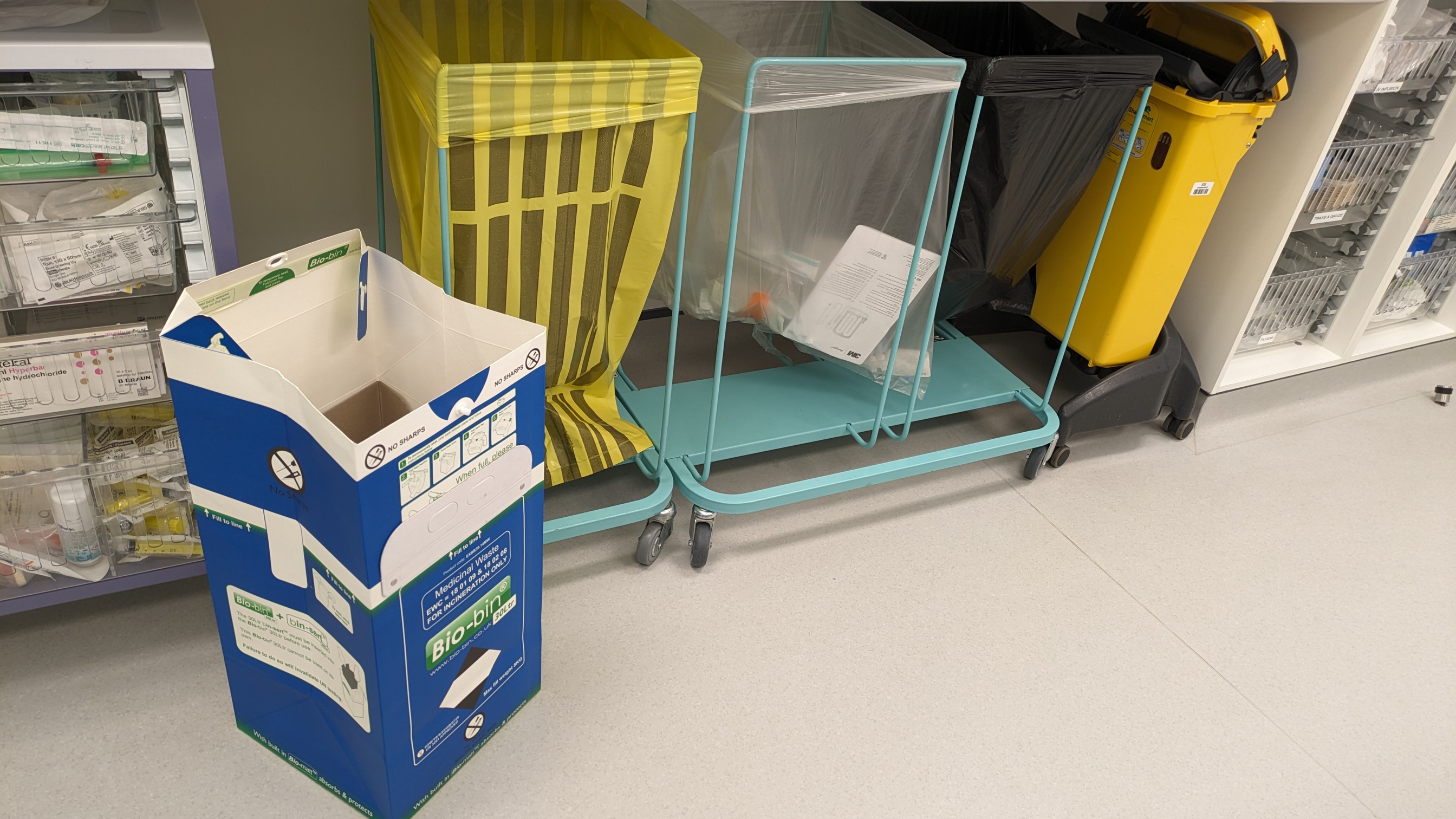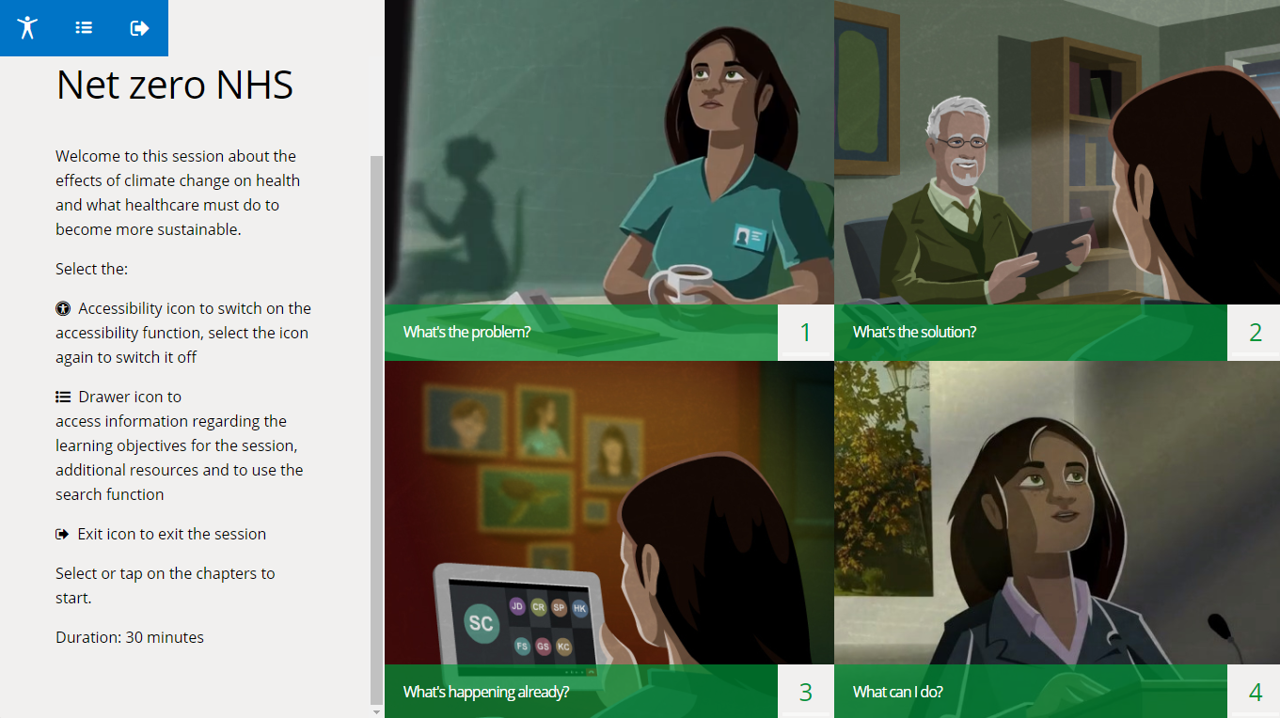Creating CPDmatch
The story behind the creation of CPDmatch.

When you wake at 5.00am thinking
about continuing professional development (CPD), something is obviously wrong.
But why was it so easy to find hotels, trains, and friends online, whilst
healthcare education and training could be so elusive? Why, in 2017, were CPD
adverts scattered across so many websites, or buried in my junk email folder?
Why was I attending the same events every year, travelling hundreds of miles
yet largely unaware of what was on my doorstep?
I eventually decided that these
questions were occupying my mind for two reasons. Firstly, I was reading lots
about climate change, oceanic and human
health, and the negative impact of fossil-fuel powered travel. I had become
self-critical when realising my past actions had not been benign. Secondly, I
had recently decided to undertake a specific study day but had found the
process of finding an available course time consuming and frustrating.
It soon became apparent that I was
not alone, with colleagues reporting difficulties in finding relevant,
accessible, and affordable education, resulting in attendance at inappropriate
events just to gain points for revalidation. It was impossible for these
healthcare professionals to keep track of all available opportunities when
hundreds of CPD providers were marketing through their own individual websites.
I therefore decided to build a
software platform to accommodate all UK course, conference, and webinar adverts
on a single website. Utilising the well-established ‘signposting’ and
‘matching’ model from holiday and travel sites, I aimed to reduce the risk of
healthcare staff missing educational opportunities, ensure they were aware of
what was happening locally/online, and decrease miles travelled.
I decided the site had to provide a
level playing field for advertising regardless of organisational budget, be
free to use for NHS-associated course providers and all healthcare staff and
ensure that relevant education could be easily found through CPD categorisation
and user-applied filters. I pledged to never lose sight of the fact that I was
aiming to reduce the environmental impact of attending external CPD.
Autonomy of development was
required to ensure this ethos was preserved, so I registered a company, a range
of domain names and approached my Regional Tech Centre (RTC North) for advice.
The RTC was a natural next step as I was aware of their existence through the
Bright Ideas in Health Awards and although completely independent of the NHS,
were well connected and employed professionals who could help local businesses
innovate, compete, and grow. Thereafter, 2018 disappeared in a blur of due
diligence; grant applications; and meetings with education providers, Health
Science Networks, Health Education England Northeast, software developers and
lawyers.
I was fortunate to find a software design agency who
completely understood the concept and who were so enthusiastic that I started
to believe my vision could become reality. Three commercial grant applications
were successful, and innovation sponsorship was secured. All grants were 35–40
per cent match-funding, so I had to self-invest to fund development and then
claim reimbursement, thus demonstrating my own financial commitment to the
product.
It needs skill to communicate
effectively with software developers, and my initial attempts to provide
concise guidance resulted in the four-months ‘phase one’ stretching to a year.
In retrospect this was a blessing as during 2019 there was an exponential rise
in the awareness of climate change and of the fact that the NHS was both part
of the problem and part of the solution. We therefore prioritised geographic
matching and support for online education which, through CPDmatch, could reach
a global audience.
With only a small budget and team,
development was glacially slow, and intellectual property protection was
essential. All conversations were either conducted under nondisclosure
agreements or with trusted professional bodies such as the Royal College
of Anaesthetists. There was little we could legally protect, so our focus
was to be ‘first to market’ with support from regional and national
organisations.
In February 2020, we quietly
launched https://cpdmatch.co.uk for
online testing, sent emails to anaesthetic course providers, and started seeing
courses listed. It took six weeks to ensure that the site was functioning
correctly, and, just as we were beginning to start the huge task of marketing,
COVID-19 forced a UK lockdown and cancellation of most on-site educational
events.
While this was a blow, we realised
there was no better time to reaffirm goals as many adaptations to COVID-19 were
relevant to the sustainability agenda. Physical events were rescripted for
online delivery and the term ‘webinar’ was being used daily. Large-scale mass
‘conference’ gatherings were unlikely to reappear anytime soon, and local
events were likely to predominate if online delivery was not an option. Site
development continued to ensure we were well positioned to provide a service
for 2020 and beyond.
CPD is only of benefit if it can be
found, and in a rapidly changing world there is logic in creating a ‘go to’
place for all 1.4 million NHS staff to find education, especially when so many
courses, conferences and webinars are relevant to multiple specialties. This
will require a small change in practice for course providers and healthcare
professionals, but the result would be a world first, benefiting staff,
employers, professional organisations, the NHS, and patients.
Related Articles

Climate and Environmental Literacy on CPDmatch
Why we need collaboration to improve climate and environmental literacy.
Written 23.11.2024
View Article
Aethic and the fight against Greenwashing: “reef safe” claims
Sun protection is essential, but with growing awareness about environmental impact, choosing the right sunscreen can feel overwhelming. Unfortunately, some brands exploit this concern with "greenwashing".
Written 25.05.2024
View Article
CPDmatch FAQs
The following Frequently Asked Questions (FAQs) are written with healthcare professionals in mind although many of the principles will be relevant to other professions. Please contact us if you have any comments or specific questions you’d like us to answer.
Written 03.06.2024
View Article
The hidden cost of plastic in healthcare
“I just want to say one word to you, just one word - plastics. There’s a great future in plastics.” These words voiced by the fictional character, Mr McGuire in the 1967 film, The Graduate, were truly prophetic as since 1950, plastic production has increased by a factor of 230 from 2 to 460 million tonnes per year. Whilst plastic has enabled innovation in many industries including healthcare, this has come at an environmental and social cost which cannot be ignored. 98% of plastic is derived from fossil fuels, the industry produces 2 billion tonnes of CO2 per year and almost 40% of products are intended for single use. Compared to today, production is predicted to double by 2040, triple by 2060 and we can neither get to ‘net zero’ nor restore the planet to good health without considering plastic.
Written 08.08.2024
View Article
How can I reduce my use of plastic in healthcare?
Fossil fuel plastic causes death, disability, and disease at every stage of its lifecycle; impacting upon the health of the planet and the many species which call it home. Whilst the global plastics treaty is taking shape, healthcare professionals can act now to reduce their own impact and educate others.
Written 08.05.2024
View Article
Achieving high staff engagement with net zero education and training in the NHS
The Delivering a net zero NHS statutory guidance, recognises that an upskilled workforce will be needed to drive and implement net zero initiatives. They will need to be supported to learn, innovate and embed sustainable development into everyday actions in the health service. This is how one UK Trust achieved high compliance in net zero training.
Written 03.08.2024
View Article